Watching the headlines over the past month and reflecting, I can’t help but think that we’re in an era of superstar authors. The latest to swallow the limelight is Haruki Murakami, whose The City and Its Uncertain Walls released in his native Japan in mid-April. The result has been something I don’t see often about literature. Mainstream press coverage about the book launch. Thousands of people waiting in bookstores for midnight releases. Think pieces about the meaning of Murakami or adaptations of his work. A veritable trove of interest from all corners of the internet.
All of that without the viral marketing power of a Bigolas Dickolas to propel it along. It’s a curiosity. Challenged to name 10 authors I’d expect to attract such attention, Murakami wouldn’t be among them. Part of it is simple maths. While I’m sure that most Escapist enthusiasts are spec-fic tragics, we’re in the minority. Star Wars and Marvel may dominate the box office, but mystery/thriller and romance still reign supreme in the literary world, at least in terms of sales. Meanwhile, Murakami’s work sits firmly in a weird liminal space between genres.
He’s perhaps closest to the overarching spirit of literary experimentation of the Latin American Boom. I can’t claim deep intimacy with Murakami’s work; I’ve read as many of his novels as sit unopened on my shelf, and even the totality of those is just a fraction of his oeuvre. Nonetheless, it’s clear that part of his appeal comes from his ability to capture the ennui of everyday life and filter it through a wholly unique magical realist lens. His stories — by turns relatable, horrific, charming, and recursive — cast a spell. Maybe one day, with more notches under my bookbelt, I’ll return to the subject of his work, but I want to explore Murakami here not as an author but as a phenomenon.
And what other word can describe him? I can’t recall such widespread interest in any book since 2007, when Harry Potter and the Deathly Hallows concluded a series that can just as readily be called a phenomenon. There have been blips in the interim, notably through the likes of Stephenie Meyer’s Breaking Dawn in the Twilight series and Suzanne Collins’ Mockingjay in the Hunger Games series, though those were bolstered by film sagas when dystopian YA was at the height of its popularity. Of course Fifty Shades of Grey warrants a mention, but that had earned a profile through E. L. James’ efforts at self-publishing before Vintage Books took an interest.
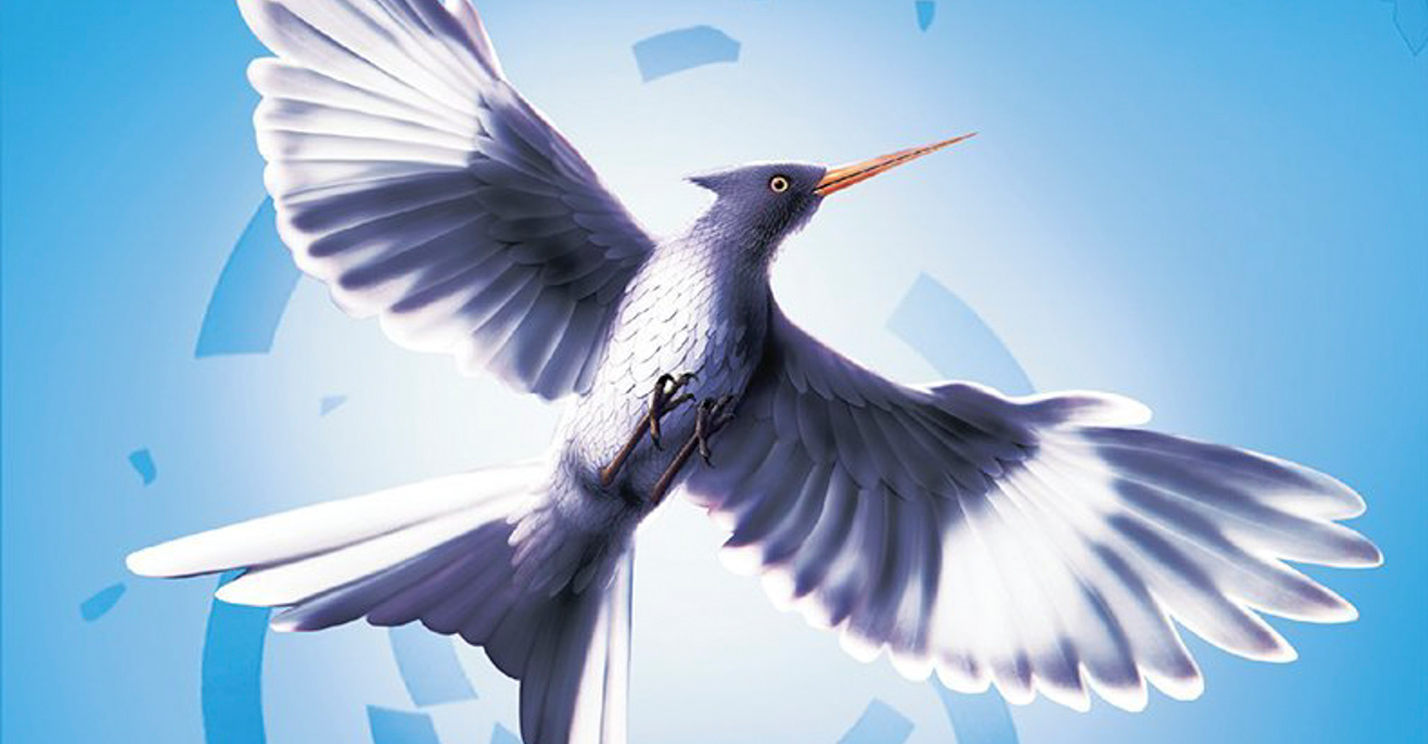
Each of those books benefited from a feedback loop, as existing popularity fed into mainstream interest, boosting the general population’s awareness of them. That’s not the only way that books have broken through, though. Both Helene Hegemann’s Axolotl Roadkill and John Hughes’ The Dogs were thrust into the spotlight with accusations of plagiarism. Whether positive or negative, though, each of these examples refers to books rather than their writers.
J.K. Rowling makes a particularly interesting case study. After the Harry Potter series, she dabbled in the classic literary form with The Casual Vacancy. That book did numbers, and she followed it by stepping away from her established persona. Under the alias of Robert Galbraith, she began the Cormoran Strike series, which muddled along until her involvement became public knowledge and its sales exploded. However, Rowling’s stock has fallen in recent years, and she’s now arguably as well known for her controversies as for her writing. Harry Potter and Hogwarts live on both with and without her, and there’s no telling whether Hogwarts Legacy is one of 2023’s bestselling games because of her or despite her.
It’s much the same with Meyer and Collins and James. Their follow-ups have failed to ignite the fire of the mainstream. And that, finally, brings me back to Haruki Murakami because where they have failed, he has succeeded. That success isn’t powered by blockbuster Hollywood adaptations (though a number of Murakami’s stories have reached the screen, including most recently Blind Willow Sleeping Woman and 2021’s highly acclaimed Drive My Car). In fact, maybe the absence of Murakami in Hollywood is part of what makes his work so compelling. (I feel obliged to note here that I’m writing from a Western, English-speaking perspective.)
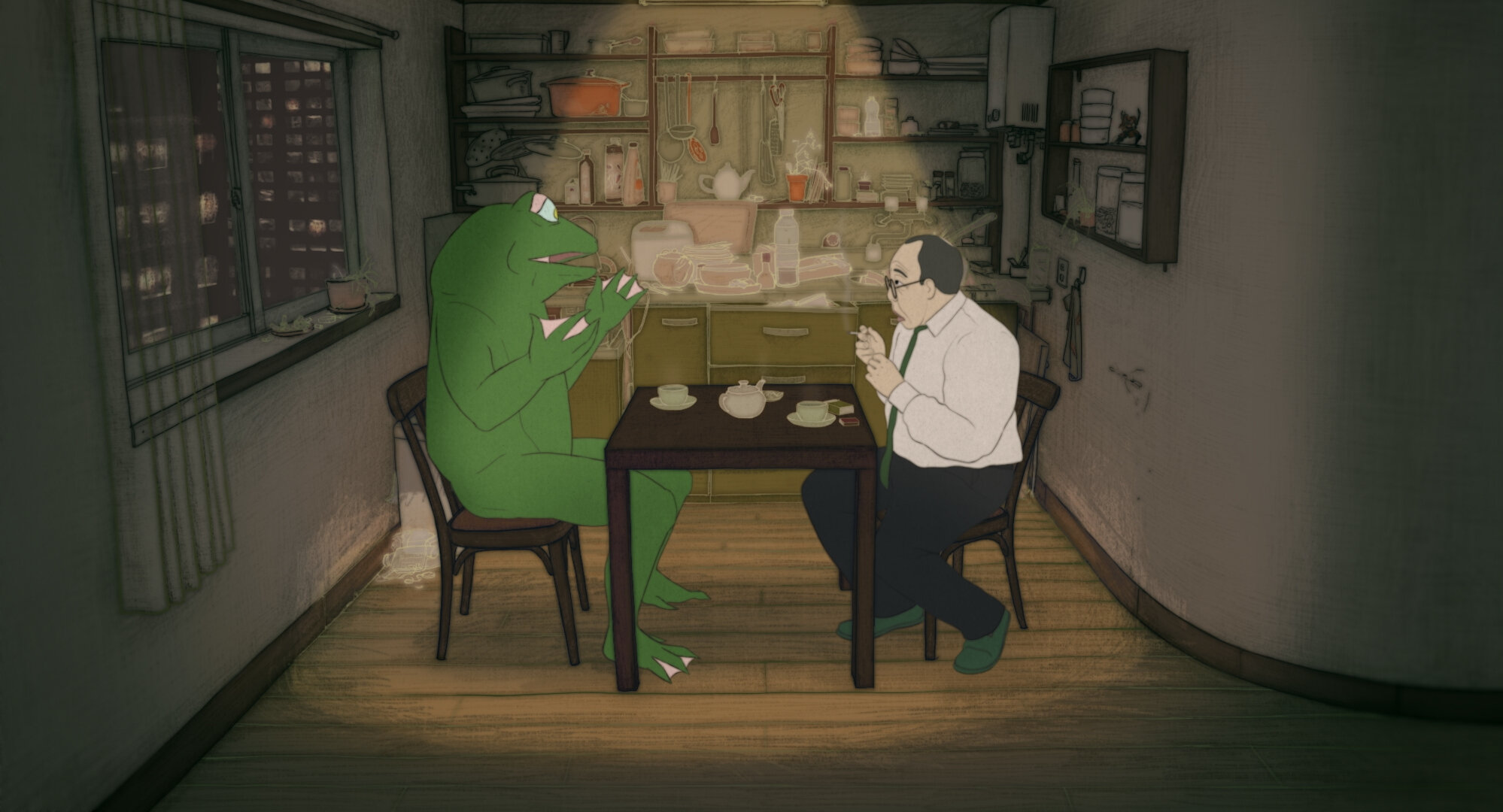
Even in 2023, there are barriers to watching foreign-language films. To use the memorable phrase of Parasite director Bong Joon Ho, there’s “the 1-inch-tall barrier of subtitles,” though I hardly think that’s of major concern to most who call themselves readers. More notable are issues around international rights and access. Whatever the reasons, it means that, in the imaginations of readers, Murakami’s work is filtered only through translation. His imagery isn’t diluted by what can be captured (or created) for the screen. I also believe that the implied contract between an author and a reader is stronger than that between a film director and a viewer; what we experience is as close to the intended vision as possible because we play entirely in the realm of imagination.
All of that is true of many writers, though, so it doesn’t really explain anything. And maybe trying to pinpoint a reason that Murakami is so beloved is an exercise in fruitlessness. It could simply be that he’s one of the best writers of our age. Or that his lack of an online presence helps to create a mystique around him. Or that his works are endlessly inventive, ensuring that each is a journey that millions of people want to take. Or that he speaks to a certain sense of discomfort and disquiet that lingers at the edges of the apocalyptic present.
Simply: I don’t have a definitive answer.
But providing a why isn’t what I set out to do. It’s indisputable that Haruki Murakami is a superstar, and it seems like he’s just the most prominent of a new tide. Every age has had its superstar writers, those whose literary musing reaches the mainstream by talking directly to the people. Victor Hugo, Charles Dickens, Harper Lee, and Toni Morrison are just a handful of names that come to mind when thinking about those who became legends in their lifetimes, their works as comfortable under the critical eye as the casual one.
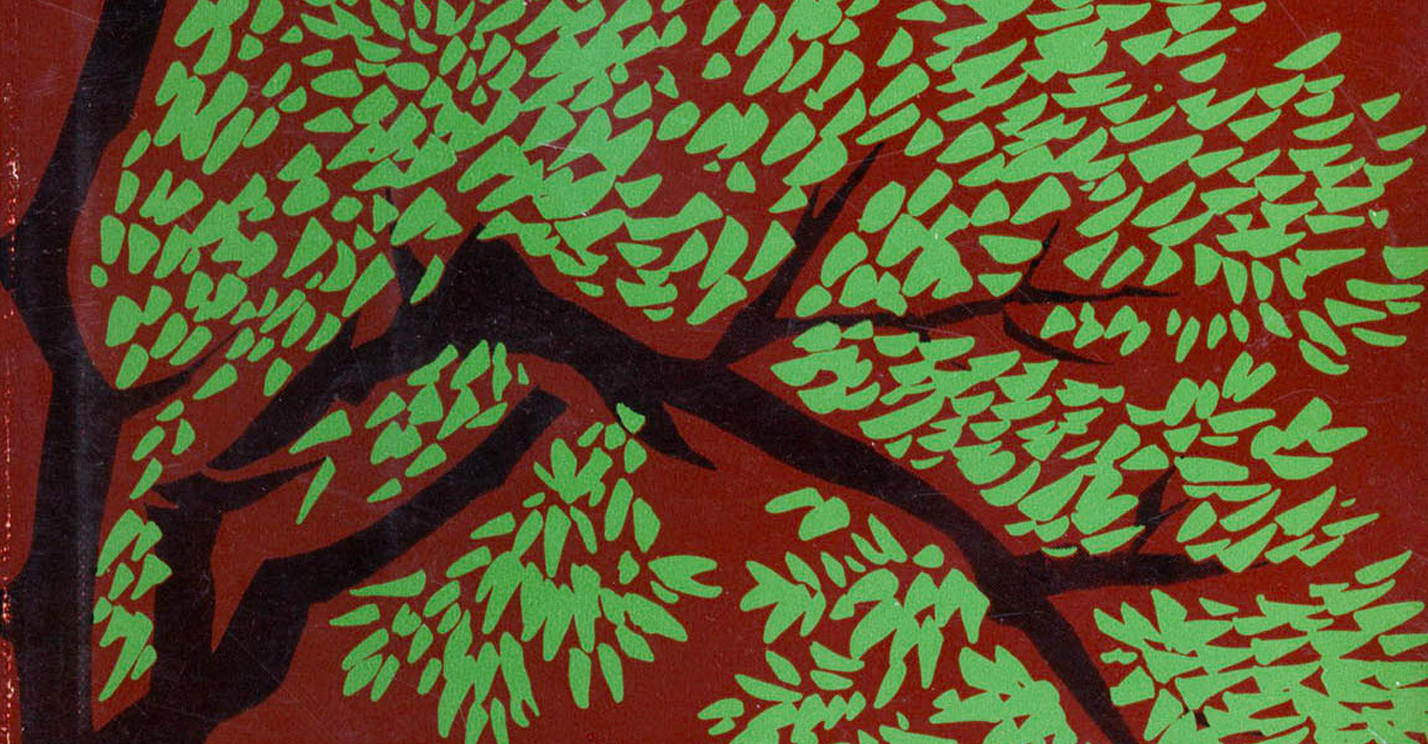
Maybe it’s just that Rowling’s star has finally faded enough to let new shoots appear. Or maybe the rise of BookTube and BookTok has helped to chaperone books back into the public discourse divorced from discussion of adaptation. Perhaps headlining it all is Brandon Sanderson, who raised over $40 million through Kickstarter last year to support the publication of four new novels — and attracted press from Polygon to The New York Times and CNN.
Last year also saw Cormac McCarthy in the headlines for releasing the double bill of The Passenger and Stella Maris (though coming 16 years after his previous novel, The Road, they can safely be called event publications). Likewise for David Mitchell’s Utopia Avenue back in 2020, and let’s not forget Looking for Alaska writer John Green, who is as well known as a content creator as a writer. For these authors, each new publication is an event in a way that it isn’t for arguably even better known figures like Lee Child or Stephen King. There’s an intangible something that makes them more exciting.
But so what? So what if there’s a class of superstar writers whose reputations stem from a combination of relatability and literary mystique rather than commerciality and workhorse volume? What are we supposed to do with that information?
The answer to that, I think, is simple: create more. None of the writers I’ve mentioned became sensations overnight. Some faced controversy and calls for bans thanks to their subject matter. Some were parachuted to fame by some of the biggest film directors in the world. Others simply enjoyed a Katamari-like accumulation of support towards critical mass, even though they don’t fit the mold of the mainstream. One way or another, it’s about support.
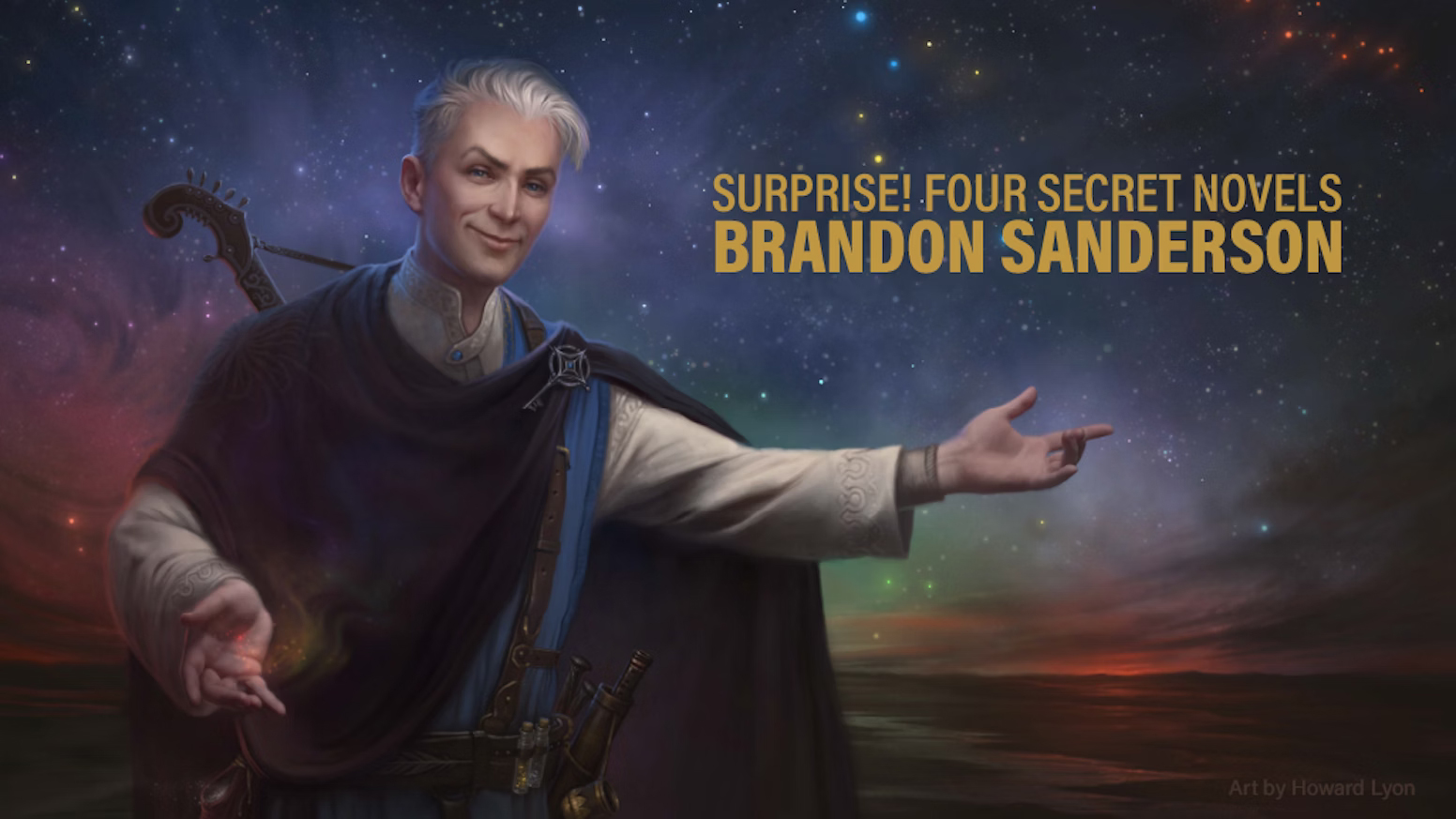
We can all be a Bigolas Dickolas. In fact, in an era where people who want the prestige of being called a writer (lol) are pressing for the publication of undifferentiated, AI-generated word slop, we should be championing the humanity at the heart of writing and all creative endeavor. Sure, that can mean highlighting individual works, like This Is How You Lose the Time War, but even more the people behind them. So, let me end by doing just that and, hopefully, expanding your reading lists in the process:
- Rebecca F. Kuang, with Babel and the forthcoming Yellowface
- Else Fitzgerald, with Everything Feels Like the End of the World
- Andrea G. Stewart, with The Drowning Empire series
- Catriona Silvey, with Meet Me in Another Life
- Grace Chan, with Every Version of You
Those are in addition to many of the other writers I’ve mentioned so far. Please, share your modern literary loves in the comments here or on social media, and let’s all do our bit to raise the tide.

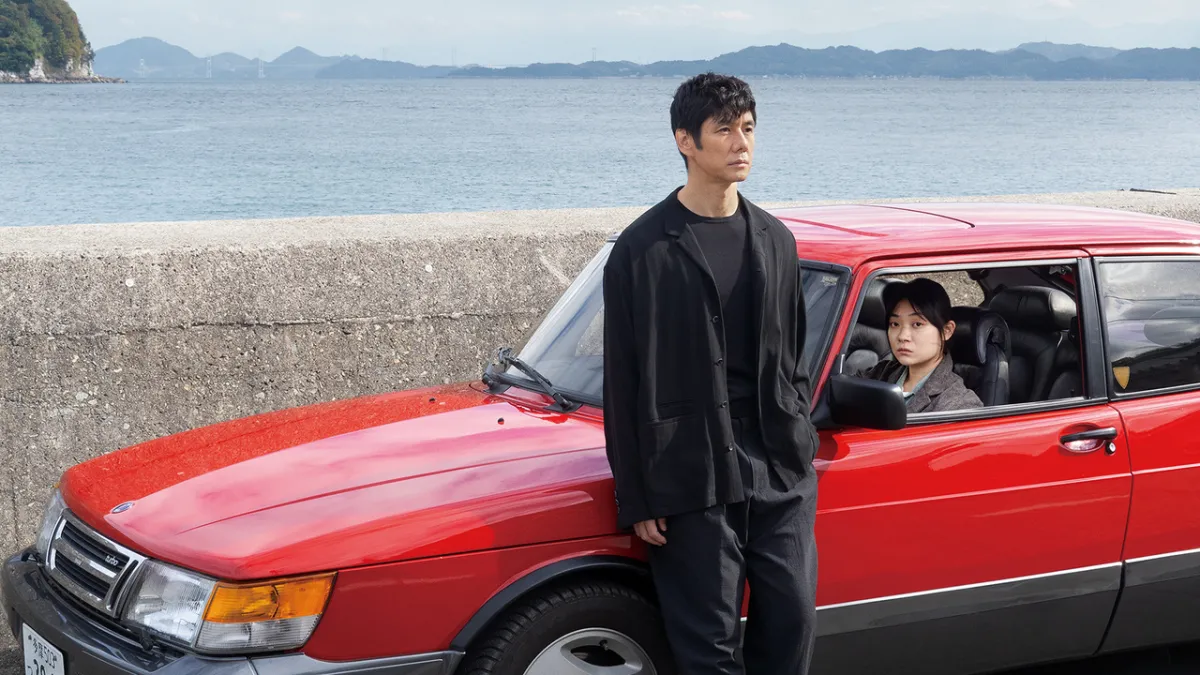




Published: May 23, 2023 11:00 am